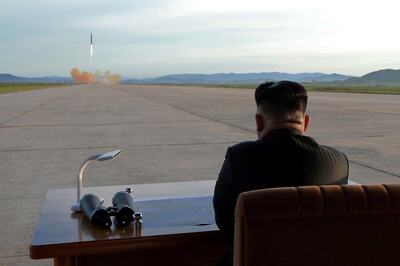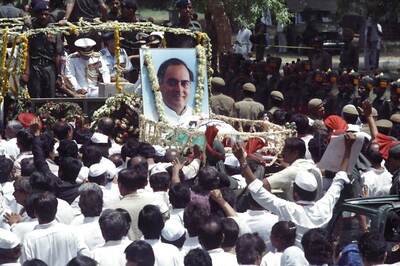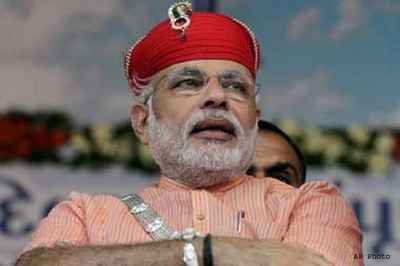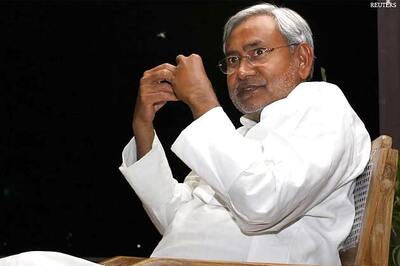
views
Union jal shakti minister Gajendra Singh Shekhawat highlighted the importance of women and children as a driving force to mobilise India for better sanitation and said his “mission and ministry” were empowered by Prime Minister Narendra Modi’s vision and people’s participation.
“Real strength for this campaign comes from the PM (Narendra Modi), and then from the people who joined the Swachh Bharat Mission. People’s participation was most important for us and India owes its success to the people who adopted this campaign relentlessly. It was the women and children of the country, especially from small towns and villages, who became the real change makers. They worked to disband age-old taboos around open defecation, worked like whistleblowers. They are the real trailblazers,” Shekhawat said.
“People’s participation was the most important aspect; this success is because of those people who contributed to Swachh Bharat Abhiyaan,” says Union Minister @gssjodhpur@akshaykumar tells him about the “5-point mandate”@KishoreAjwani @AnchorAnandN | #MissionSwachhtaAurPaani pic.twitter.com/ELUOuaRh2f— News18 (@CNNnews18) November 19, 2022
The minister addressed the closing and final segment of the Network18 and Harpic Mission Swachhta Aur Paani telethon, where he joined campaign ambassador Akshay Kumar in establishing a “five-point mandate” to drive the flagship initiative aimed at a behavioural change in India for better sanitation.
Kumar summarised the eight-hour telethon into five major outcomes that could bring about a rising consciousness about sanitation, cleanliness, hygiene and health in India:
- Strive for access to clean toilets: Kumar said while 10 crore households had toilets now, it was the citizen’s responsibility to ensure that they were kept clean.
- Safe and clean toilet is a collective responsibility: The Bollywood actor said it was not only the responsibility of sanitation workers to keep clean up after people, and that people should have the consciousness to leave toilets clean for the next person to use, especially at public facilities.
- Dignity and respect for everyone in sanitation facilities: Kumar brought along sanitation workers employed at the Statue of Unity in Gujarat’s Kevadia, who spoke about how tourists visiting the site misused public facilties. The actor said it was a part of the mission to help Indians realise that cleanliness was a personal duty as well as an effort to lead a dignified and healthy lifestyle for all.
- Sanitation is the new health: Health and hygiene walk hand in hand — this was highlighted by many speakers throughout the telethon, especially actor and environment activist Dia Mirza, who said how people chose to live each day not only impacted their health but also the health of others.
- Leave no one behind: With an array of speakers from all communities, inclusivity was a highlight with conversations around menstrual hygiene, social taboos as well as gender neutral toilet facilities to provide safe access to the third gender.
The jal shakti minister said India was a role model for developing countries, and many in the developed world also looked at India as an inspiration. “When I kick-started Mission Paani at a global event in Stockholm, the PM had just declared India open-defecation free. Representatives of other countries came and told me that India inspires them,” he added.
Towards the end, the minister had a resonating message for all viewers and stakeholders. He said the central government was working hard to bring drinking water to every household but he highlighted the importance of reusing and recycling water. “We have to conserve rainwater and learn to treat it, recycle it and reuse water to save our resources. If we are responsible, then we can save future generations from facing a severe water crisis,” Shekhawat added.
Read all the Latest India News here




















Comments
0 comment